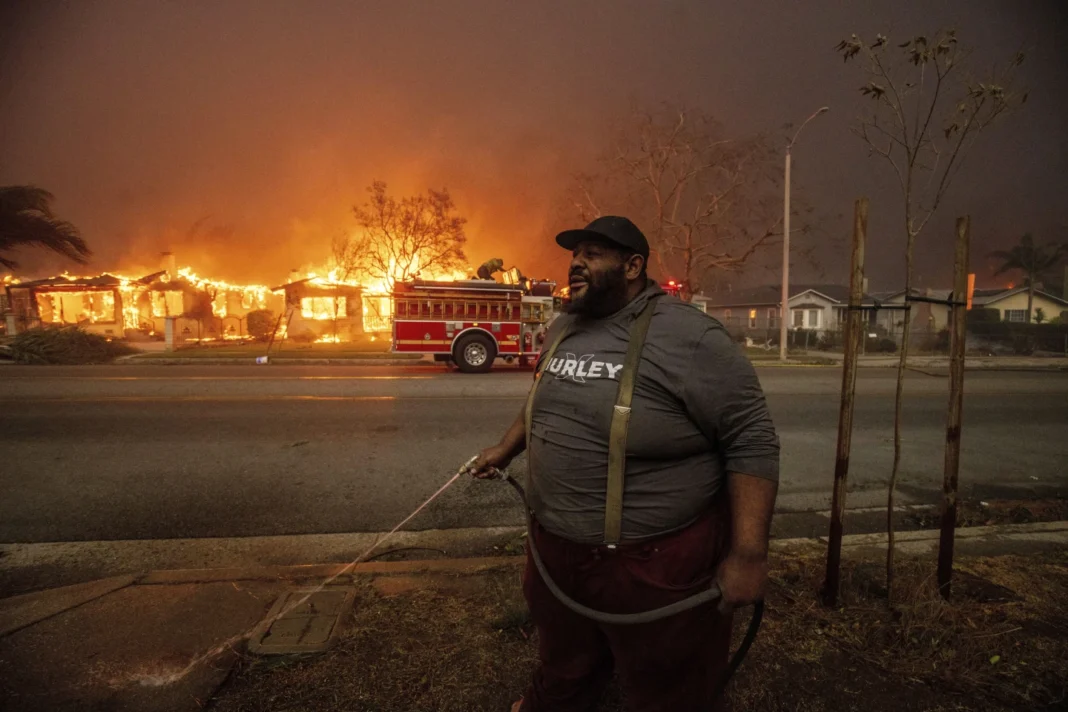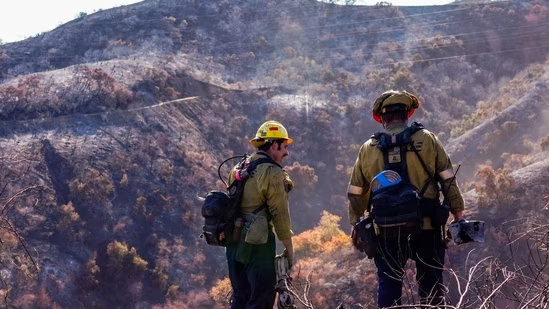In Altadena, California, a once-thriving community of Black families now faces the devastating aftermath of the most destructive wildfires in state history. Known for its mix of historic homes, this neighborhood has long been a haven where homeownership has helped generations of families build stability and prosperity. But as the flames have torn through these resilient communities, the future has never felt more uncertain.
For many, including Samantha Santoro, a first-generation college student, the loss is personal. “Everything that they ever worked for was in that house,” she says, reflecting on her family’s two-bedroom home now reduced to ashes. Her parents, who worked tirelessly to make ends meet, have been forced to move in with relatives in Pasadena, and without adequate insurance, recovery feels impossible.
Altadena has long been a symbol of racial and economic diversity, with a Black homeownership rate nearly double the national average. But the wildfires have exposed vulnerabilities that threaten to erase this hard-won progress. Now, families like the Snowdens—longtime homeowners—are left without a place to return to, with many unsure of how to rebuild. “Give us the ability to rebuild, restart our lives,” says Kenneth Snowden, who lost his home of nearly 20 years.
The fires have also burned through essential community landmarks, like Altadena Baptist Church, leaving families without vital support networks. Pastor George Van Alstine warns that gentrification could soon displace many of those who once called this neighborhood home. “We’re seeing a number of families who are probably going to have to move out of the area because rebuilding in Altadena will be too expensive for them,” he said.
With limited access to financial assistance and housing resources, those most affected by the fires—predominantly Black families—risk being left behind as wealthier newcomers move in. The scars left by the fires run deep, and the road to recovery may never lead back to what Altadena once was.


